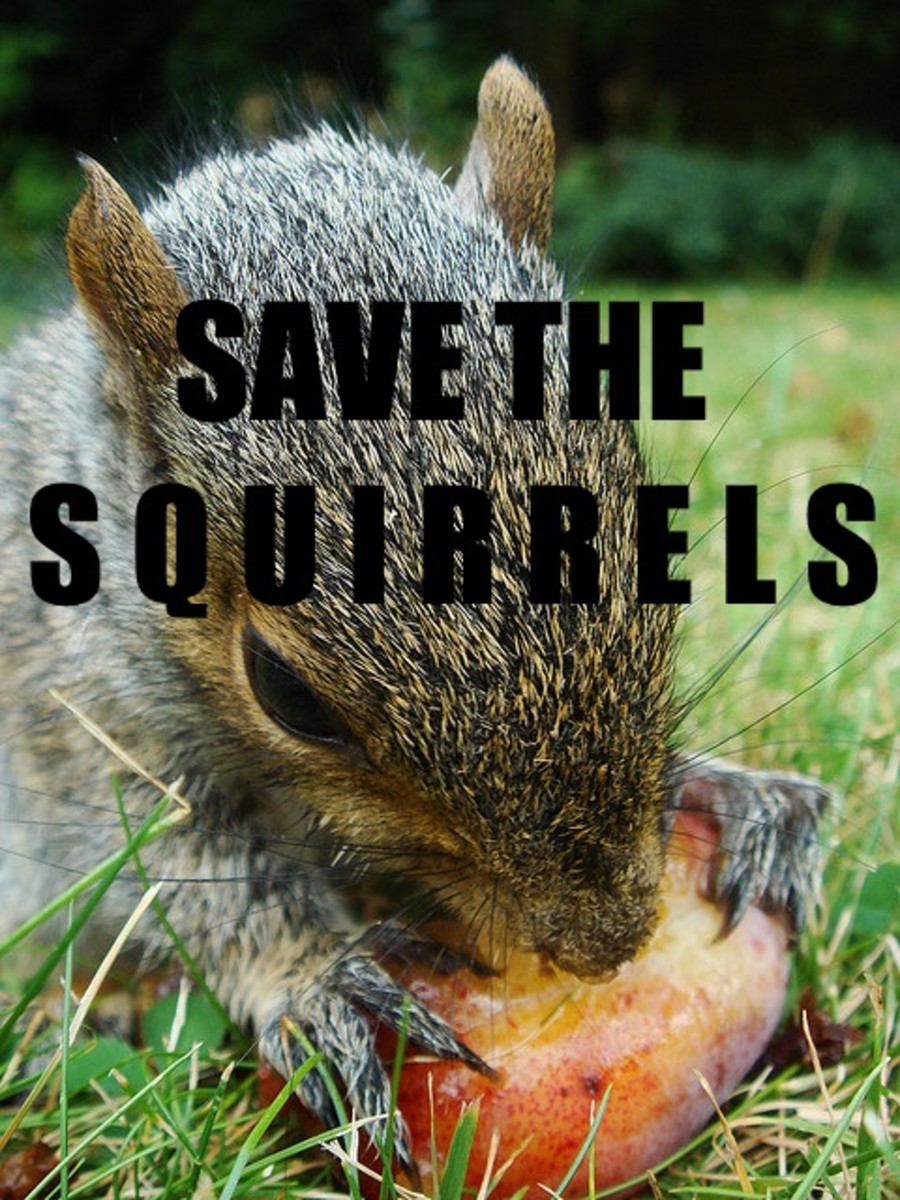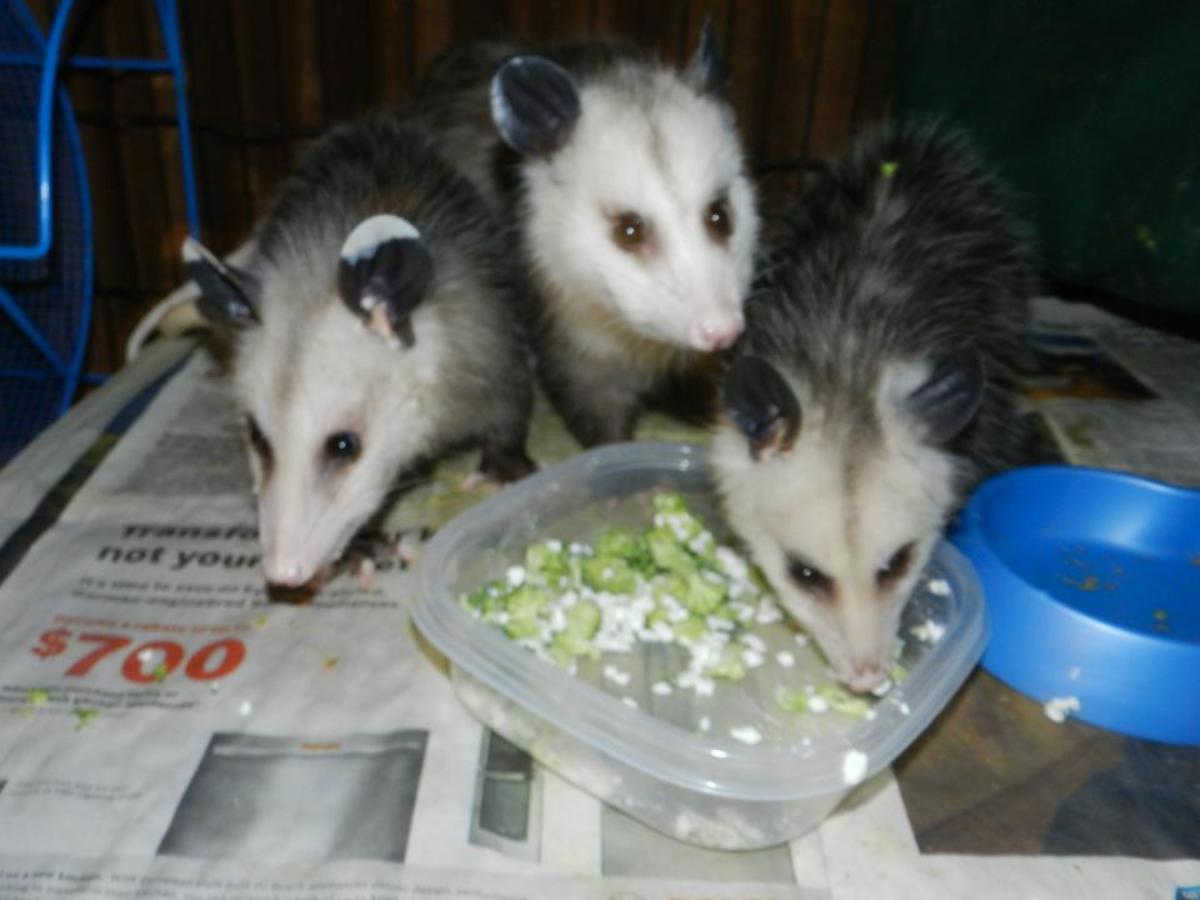Purebred breeders and pet mills - what are the differences?
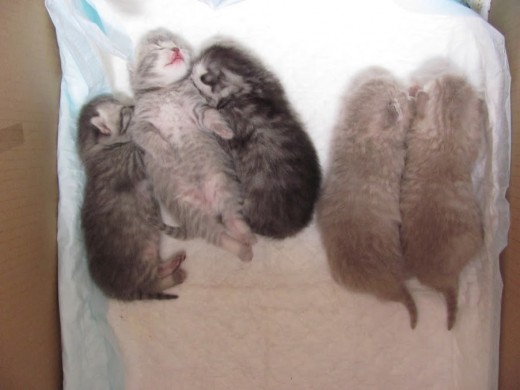
Forewords
Everybody knows the exciting feeling when the family is thinking about getting a new pet into the house. No matter if we choose cats, dogs, parrots, small rodents or anything else, we must first think about, whether we are really capable to care for the pet until the end of their life. This is a huge decision, but once we came up with a positive answer, we can start to think about, how and from where we would like to get our new pet. Adopt one or buy? Tough question.
Although adoption is a very good and praiseworthy deed, in this article I will talk about buying purebred animals.
If you have ever been to a dog or a cat show, I bet you already know which breed you would choose if you had the opportunity. Most of people have a slight knowledge about their favourite breeds, but it is good to know: each breed is different, like not all dogs fit into families with children, or not all cats are calm enough to just sit and wait for the master to get home from work every day. Anyway, when you are ready with your decision and you want to buy a purebred dog or cat, you have to consider loads of things prior to choosing a breeder and buying your new roommate.

Breeder or pet mill?
Sadly, there are many ‘breeders’ (yes, the pun is intended) who still consider themselves as breeders, although in fact they are one of the worst pet mills on the whole world – and the little animals they are trying to sell is everything, but NOT purebred and quality animals. You don't possibly have to see cages or hutches all around in the house of a questionable breeder - we can even call unresponsible and negligent 'breeders' as breeding mills.
But as a beginner, how can you find out who is a reputable breeder and who is just a pet mill? Are there any signs? What should you look out for?
In the following points I tried to collect all the possible telling signs that you can ever imagine, so keep on reading:

Breeding mill
1. Barely knows anything about their breed, you can clearly feel that you knowledge is much bigger than theirs.
2. Insists on the fact that this is the best breed for you and you will have a happy life together; the pet will never get sick – as you can see their parents are fine too, they say.
3. Can’t show you the living environment of the pets – and they usually have many reasons why not, like: they just moved to a new place, it is at a different location, etc.
4. The parents of your future pet are not around and the breeder is unable to show them to you. Or if there are many animals around, they just randomly point at 2 animals claiming those are the parents.
5. If you are lucky to see the parents, they seem afraid or aggressive.
Reputable breeder
1. Knows their breed and is happy to answer all possible questions about their animals, the kennel, the living environment, everything.
2. Is willing to tell you all the possible drawbacks of having this breed, all their possible defects (even if they are tested) and is not afraid to tell you this is not your breed if they really think this.
3. Is willing to show the living environment of the pets without even asking it. You can clearly see that the place is suitable for several animals and they have a happy life.
4. The parents of your future pet are around, the breeder can show you the mother and the father if you want, without any hesitation. The parents seem happy and healthy and they are not kept in hutches all day long (better is if not kept at all).
5. You can clearly see that the parents are calm, nice animals and they have no defects.
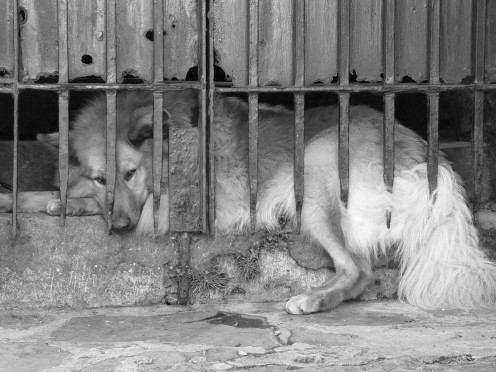
6. The ‘breeder’ claims very determinedly that there’s no need for any documents as anyone can see that their animals are just fine.
7. There are no papers around at all, neither the parents nor the pups/kittens have any records showing their origins. Claims that documentation is really unnecessary and you won’t need the pedigree or the contract anyway.
8. Is unable to tell you the exact birth date of their animals as they were not present and they hardly have any idea how old are they in fact. They also tell you that you can take the young pet whenever you like, just pay first.
9. The ‘breeder’ has no clue what pet shows are and they have never been on any. They claim these shows to be ‘very unnecessary’.
10. You can clearly see that the pets are afraid of their master and they try to avoid contact.
6. The breeder can present you all the important documents of the parents, including the result of the different DNA tests, etc.
7. Is happy to show you all the important documents of the chosen animal, including the pedigree, the contract, etc. Would never sell a pet without proper documentation, a contract and a pedigree.
8. Can tell you the exact date when the pups/kittens were born and they can also tell you when are you allowed to take the young animal with you, so when can they be separated from their mother (not before the 8th week!).
9. The breeder is familiar with the pet shows and they can show you pictures and/or prizes that their animals won on these events.
10. You can clearly see they are fond of their pets and the pets love them, too.
11. Is really not interested in you, don’t care where you are about to take their pet and how are you planning to care for them – just pay and go.
12. Insists on taking the pet with you on the first visit, you can clearly feel they just want to get rid of the animal as soon as possible.
13. Says any contact info is completely unnecessary, as this is an ‘easy to care for breed’.
14. Has no clue where their previous litters are, so they are unable to show you anything about them; moreover they have no clue how many litters did the mother have altogether so far.
15. Their aim is to get the most money, no matter how.
11. The breeder tries to ask a few things about you, asks where and how do you live, how would you care for the pet, etc.
12. Is not afraid to tell you sorry, I won’t sell you my pet if they really feel you are incapable of caring for the breed.
13. Insists on keeping in touch and offers their help in case you have any questions in the future.
14. If you ask for any references about previous litters, they are happy to show you some pictures, etc. They know how many litters did the mother have altogether so far.
15. Their aim is to breed better and better animals with the best qualities.
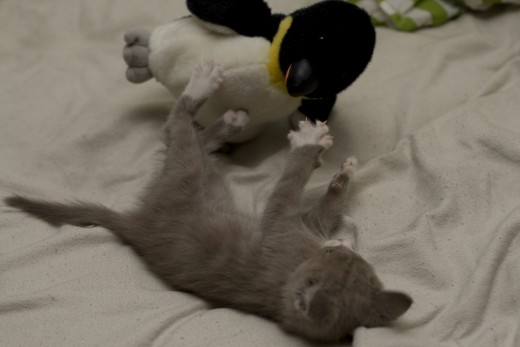
16. They have pups/kittens for sale all the time, no matter when you ask them. The females have as many litters as they can till the end of their lives, the ‘breeder’ does not control this.
17. They have no clue how old their animals are and they don’t care when do the females have their first litter.
18. Their animals are very cheap, but you can be sure they won’t live more than 10 years and will have plenty of health problems in the future.
19. The animals seem weak and timid; you can clearly see that the pups/kittens barely know anything and they are often sitting in their own dirt.
20. Has loads of animals and most of these pets are weak and you can clearly see that they are not cared for properly.
16. They barely have any pups/kittens for sale; the females have at most 3 litters per 2 years. And even if they do have pets for sale, most of them are already reserved.
17. The females are not younger than the advised age to have their first litter (which is 1,5 years at cats and 2 years at dogs).
17. Their animals are not cheap, but you can be sure these pets will be your best friends for the next 10-15 (or more!) years.
19. The animals are well socialized and well-kept; you can clearly see that the pups/kittens are able to care for themselves and are eager to discover the world.
20. Only has a few animals at most and you can see that they are able to care for their animals properly.
21. All of the animals have to eat the same food, usually right from the floor and the ‘breeder’ has no clue that the young ones should not eat the same food as the adults do.
22. Does not care about the health issues you can cause to the animals, so there’s no need to wash your hand or take off the shoe.
23. Is present on all possible, free classifieds-sites, has no webpage for the kennel and it is not registered.
24. The females give birth to several litters even after their 8-10th birthday; the owner does not care about their age.
25. Animals that are clearly too old to have a new litter are usually not neutered and the ‘breeder’ tries to get rid of them as soon as possible.
21. The mother, the pups/kittens and the other animals all get different kinds of food that is the most suitable for them, and the food is of good quality.
22. You have to take off your shoe and wash your hands before going closer or touching the animals.
23. Is barely using any ads, enquirers can only hear about their kennel through their website or pet shows. The kennel is registered.
24. The females which are older than 5-7 years are not included in the breeding program anymore, they are neutered and retired.
25. Barely sells any adult animals that were taken out of the breeding program and were neutered, they live with their pets till the end of their lives.
What about you?
Have you, or anyone else in you family ever encounter a pet mill while looking for a reputable breeder?

Related books on Amazon
Congratulations, now you know everything!
I think that’s all you have to know about the biggest differences.
Hopefully with these in mind now you are able to decide which breeder fits into which category and you will never ever ‘support’ the work of pet mills with buying any animals from them.
Please keep in mind that breeding a quality animal is not cheap and is not easy, but the animals born at reputable breeders have great life and live much longer than their untested and neglected ‘relatives’.
I hope you enjoyed my article; I wish you loads of luck and happiness with your animals!

Share your ideas!
Please feel free to comment on this hub, your feedback is very much appreciated!
Or, if you feel that you can write fresh, new ideas about this or a similar topic, just join our community and start writing!
© Copyright 2012-2014, Zsofia Koszegi-Nagy (zsobig)
A puppy mill on video

My latest works on HubPages on the same topic:
- Top 10 dogs that need little exercise - not just for lazy dog lovers
You love dogs, but you are busy most of the time? You WANT a pet, but you are unable to go for regular walks with them and just want to play with your dog inside your home if possible? If you do, here's a top10 list of dogs, that need only a little e - Tips on how to teach your dog to play fetch
Having a dog is not always an easy thing... particularly not easy if your dog cannot play fetch. Therefore here are a few tips on how to teach your dog to play fetch - I hope you will make good use of them. - Tips on how to find a reputable dog or cat breeder
Loads of people fall into the trap of pet mills and other questionable 'breeders' and sadly, they regret this most of the time. In this article I've collected all the important things you have to know on how to find a reputable dog or cat breeder. - How to travel with pets to the UK?
Travelling with pets to the United Kingdom - not an easy job, but here are some very important and useful answers for all your possible questions. Additionally, you can find some tips on what to bring with yourself if you are travelling with a dog or - Help! Fleas! Tips on how to get rid of fleas in your house and on your animals
Fleas often cause problems for pet loving people, as our animals tend to bring these insects into our home without any sign. Sadly, it is not easy to get rid of them, but in this article you can find a few tips and useful tools to face the problem. - Top 10 dogs that get on well with children
Have you ever wondered whether it is advised to get a dog for the children in the family or not? Here is a little bit of information on the topic and a list of 10 dogs that get on excellently well with children!
© 2012 Sophie




